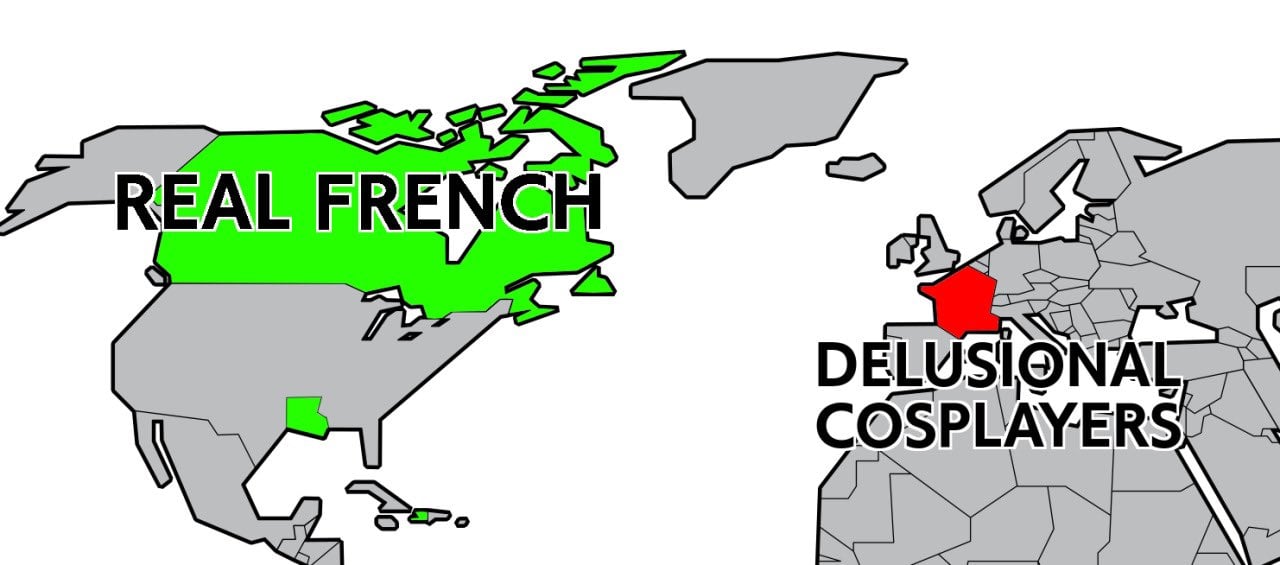this post was submitted on 24 Mar 2024
746 points (95.3% liked)
memes
15278 readers
20 users here now
Community rules
1. Be civil
No trolling, bigotry or other insulting / annoying behaviour
2. No politics
This is non-politics community. For political memes please go to [email protected]
3. No recent reposts
Check for reposts when posting a meme, you can only repost after 1 month
4. No bots
No bots without the express approval of the mods or the admins
5. No Spam/Ads
No advertisements or spam. This is an instance rule and the only way to live.
A collection of some classic Lemmy memes for your enjoyment
Sister communities
- [email protected] : Star Trek memes, chat and shitposts
- [email protected] : Lemmy Shitposts, anything and everything goes.
- [email protected] : Linux themed memes
- [email protected] : for those who love comic stories.
founded 2 years ago
MODERATORS
you are viewing a single comment's thread
view the rest of the comments
view the rest of the comments

As a yank who lived in the UK (East Sussex) for several years, I can share the sentiments of my mates there that they believe we Americans still speak a more traditional version of the language than they do now. Specifically pronunciation of words.
For example, Americans have retained the pronunciation of the final “r” in words like “father” and “mother,” while the UK has dropped it. Americans have maintained the “flat a” sound of cat in words like “path” and “class” whereas the UK has mostly replaced that sound with the “broad a” of “father.”
It's not an exact science, but the rate of change in the language there has gone beyond the 18th century version we Americans still speak today and thus, it can be said American English, at least pronunciation, is more traditional.
On the class/path a: it depends where you are in the UK. In the north, it tends to be the flat a, in the south it tends to be the broad a. There's a lot of variation in accent within the UK, to the point that you can identify pretty accurately where someone is from using something this quiz: https://www.nytimes.com/interactive/2019/02/15/upshot/british-irish-dialect-quiz.html.
Anecdotally, I think it is becoming a bit more uniform than it used to be, due to people moving around more than they did historically, though